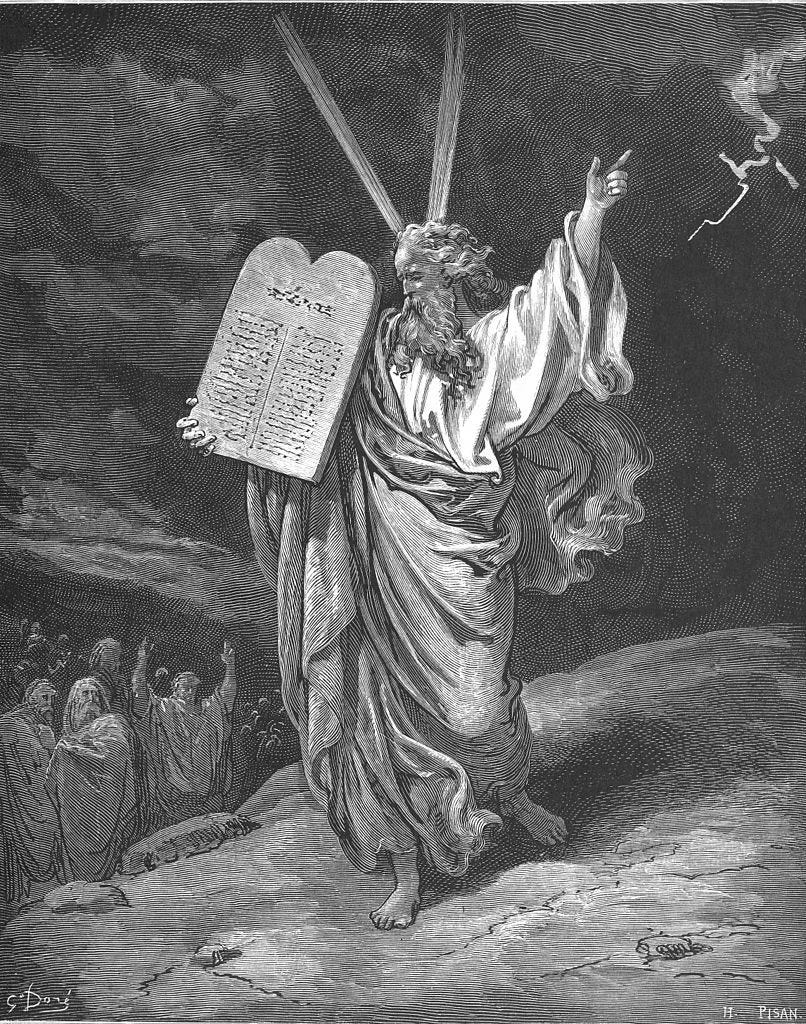Creeds and Catechisms
A series of court cases and hearings have built up over the first few months of this year, with some interesting implications for the direction the courts are taking on issues from free speech to abortion to the role of religion and the meaning of “originalism.”
Let’s take a look.
First, the good news. Free speech still enjoys the world’s most robust protection in American courts—though some of the implementation is legitimately complex.
For example, here is relatively small case, but one that rejects attempts to put limits on free expression in the name of left-wing racial politics.
The case has to do with a casting decision for a Broadway musical called Hadestown (based on the Ancient Greek legend of Orpheus and Eurydice, but done up in a modern musical style). Here are the details, via Eugene Volokh.
On or about January 30, 2020, Defendant hired Plaintiff to perform as an actress in its production of the Musical. Plaintiff played the role of “Worker #1” as part of the Musical's “Workers Chorus,” as well as other parts in the Musical. In the Musical, the Workers Chorus consists of several actors who perform their roles as “Workers” within the Workers Chorus.
As of November 2021, the Workers Chorus consisted exclusively of black cast members, including Plaintiff. As a result, on November 23, 2021, David Neumann, a choreographer and supervisor for Defendant, emailed the entire cast of the Musical to apologize for the fact that the Musical was conveying a “white savior story” due to the exclusively black Workers Chorus….
On or about November 24, 2021—the day after Mr. Neumann emailed the entire cast of the Musical to apologize for the Musical's “white savior story”—Timothy Reid, a supervisor and dance caption for the Musical, informed Plaintiff that Defendant was seeking to replace her in the cast with a white woman.
This is very obviously racial discrimination, but the court found it is protected by the First Amendment because the racial composition of the cast is conceivably relevant to its artistic message.
[T]he First Amendment forbids the government from “tell[ing] a newspaper in advance what it can print and what it cannot” or “forc[ing] [it] to respond to views that others may hold,” and “forc[ing] all manner of artists, speechwriters, and others whose services involve speech to speak what they do not believe.” Under the same principles, the First Amendment likewise forbids compelling a theater company to stage a performance in a manner that expresses a story the theater company does not wish to tell.
I don’t think this case is all that significant except as a vignette of the absurdities of left-wing racial politics: The producers of Hadestown are so woke they found it necessary to fire an actress because she is black. Go figure. But it is also significant because it indicates that the First Amendment remains a very robust protection for private action.
OK, Go Ahead and Say Gay
The First Amendment is a protection against both the left and the right. Here’s a more politically significant story: the settlement of a First Amendment challenge to Florida’s so-called Don’t Say Gay law, which sought to suppress discussion of sexual orientation in public schools. In its settlement, the state of Florida agreed to send out official guidance on enforcement of the law that effectively guts its main provisions.



